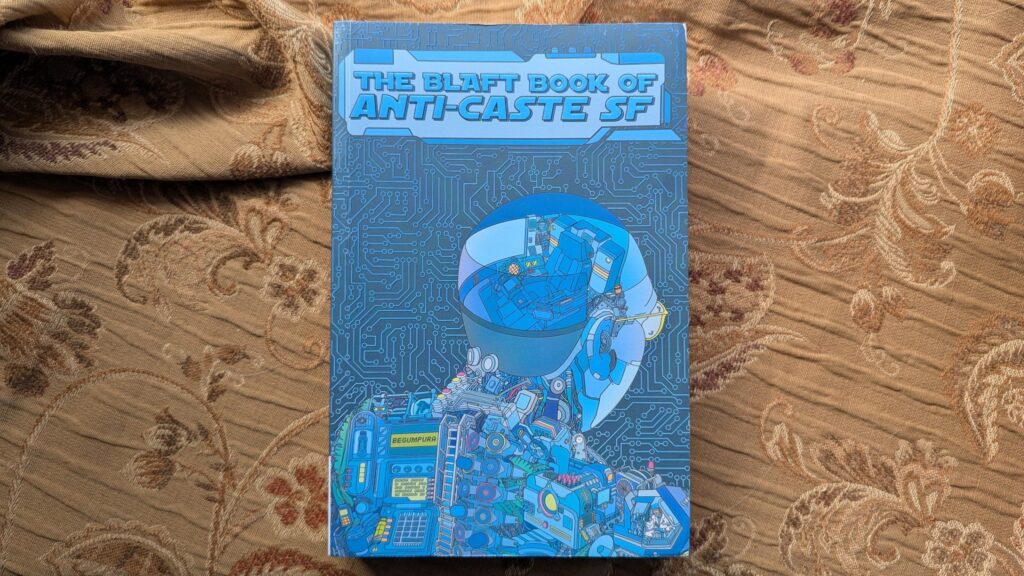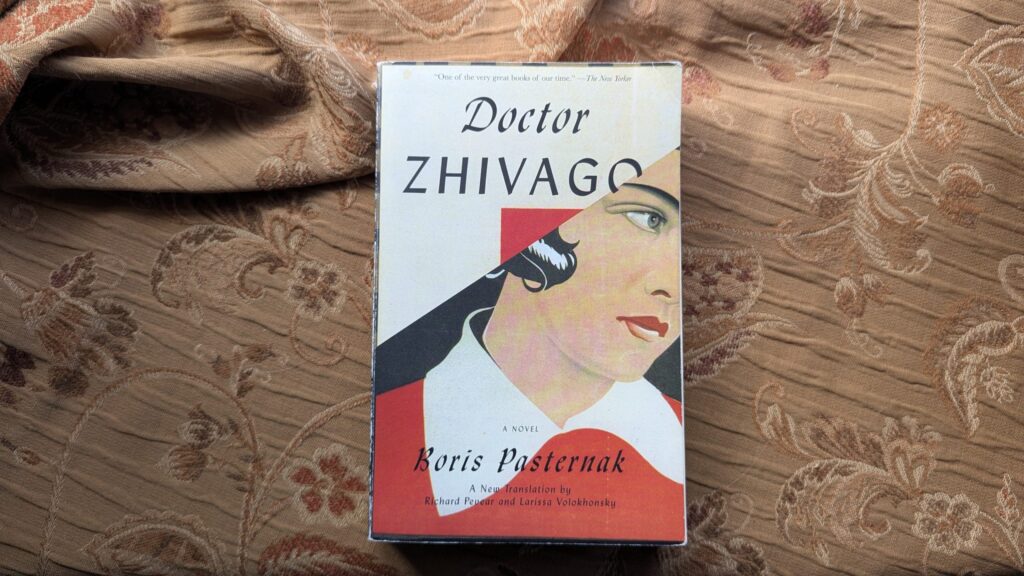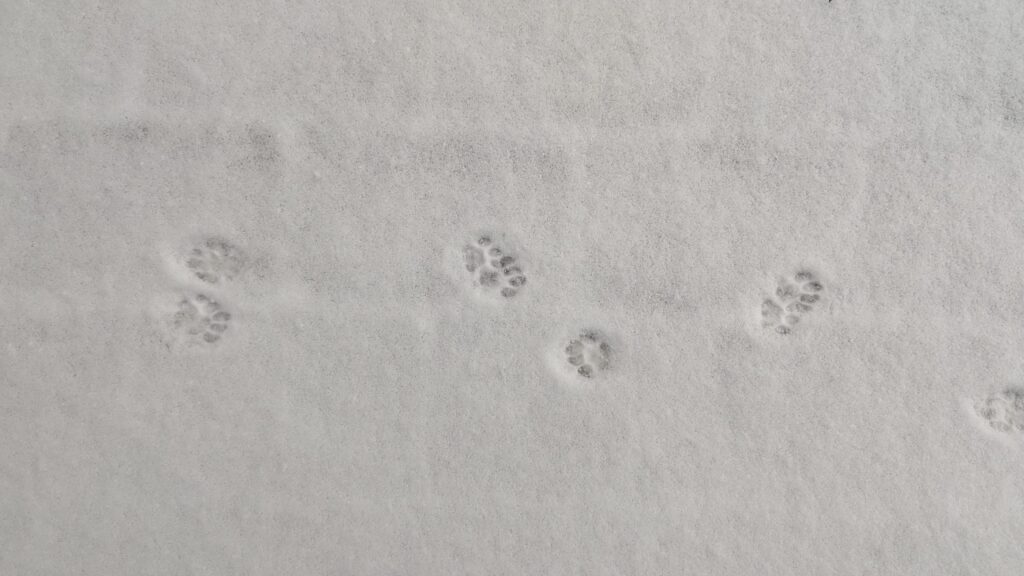At long last, over two months since I cracked it open, I finally finished Doctor Zhivago. It was a long read – mostly beautiful, occasionally frustrating, and above all definitely worth the effort.
Now I am reading short fiction, to help reset my brain. Currently I am working my way through The Evergreen Review Reader, 1957 – 1966, which, in addition to being full of superb short prose and poetry, is an interesting time-capsule of the state of literature almost seventy years ago.
Acquisitions

- R.T. Samuel, Rakesh K., Rashmi R.D. (editors), The Blaft Book of Anti-Caste SF (Blaft Publications)
Reading List

Books
- Boris Pasternak, Doctor Zhivago [2025.02.14]
Short Prose
- Jim C. Hines, “Kitemaster” (Patreon post) [2025.02.11]
- Samuel Beckett, “Dante and the Lobster”, The Evergreen Review Reader, 1957 – 1966 [2025.02.14]
- Jack Kerouac, “October in the Railroad Earth”, The Evergreen Review Reader, 1957 – 1966 [2025.02.14]
- Patsy Southgate, “A Very Important Lady”, The Evergreen Review Reader, 1957 – 1966 [2025.02.16] – [Note: I could find almost no information at all on Patsy Southgate online. Anything I found was as a side note to other writers and creative types. The two obituaries I could find, from 1998, were behind paywalls. Perhaps I will gather some sources and put together a Wikipedia page.]
- Kameron Hurley, “At the Crossroads of Many Futures” (Patreon post) [2025.02.16]
- Tobias S. Buckell, “The Last Cathedral of Earth, In Flight” (Patreon post) [2025.02.17]
- Alexander Trocchi, “From Cain’s Book“, The Evergreen Review Reader, 1957 – 1966 [2025.02.18]
- John Rechy, “From City of Night“, The Evergreen Review Reader, 1957 – 1966 [2025.02.18]
- William Eastlake, “Portrait of an Artist with Twenty-Six Horses”, The Evergreen Review Reader, 1957 – 1966 [2025.02.18]
- Carlos Fuentes (Lysander Kemp, translator), “The Life Line”, The Evergreen Review Reader, 1957 – 1966 [2025.02.21]
- Juan Rulfo (Lysander Kemp, translator), “From Pedro Páramo“, The Evergreen Review Reader, 1957 – 1966 [2025.02.22]
- Octavio Paz, “Todos Santos, Día de Muertos”, The Evergreen Review Reader, 1957 – 1966 [2025.02.24]
- Henry Miller, “Defense of the Freedom to Read”, The Evergreen Review Reader, 1957 – 1966 [2025.02.24]
- William Eastlake, “Three Heroes and a Clown”, The Evergreen Review Reader, 1957 – 1966 [2025.02.25]
- Terry Southern, “Red-Dirt Marihuana”, The Evergreen Review Reader, 1957 – 1966 [2025.02.25]
- William S. Burroughs, “Deposition: Testimony Concerning a Sickness”, The Evergreen Review Reader, 1957 – 1966 [2025.02.26]
- Eugène Ionesco, “Foursome”, The Evergreen Review Reader, 1957 – 1966 [2025.02.26]
- Martin Williams, “Charlie Parker: The Burden of Innovation”, The Evergreen Review Reader, 1957 – 1966 [2025.02.28]
